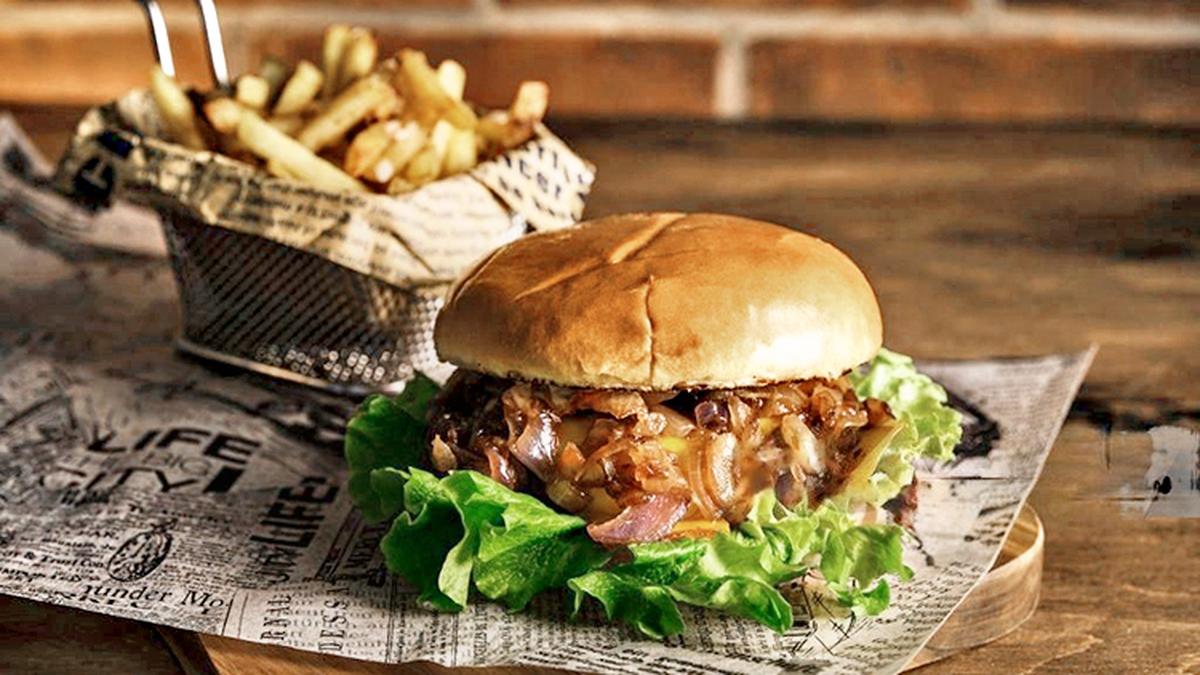A recent study has revealed that the increasing consumption of ultra-processed and fast foods is contributing significantly to the growing number of diabetes cases in India. The research points to the spread of these unhealthy dietary habits in both urban and rural areas, which are linked to a heightened risk of Type 2 diabetes.
The Role of Ultra-Processed Foods
Ultra-processed foods, such as packaged snacks, sugary beverages, and fast food items, are typically high in sugars, unhealthy fats, and preservatives. These harmful ingredients contribute to:
- Weight gain: Excess calorie intake leads to an increase in body fat.
- Poor metabolic health: Processed foods negatively affect metabolic processes.
- Insulin resistance: The body’s inability to use insulin effectively, which is a precursor to diabetes.
Health Risks and Public Awareness
The study stresses the urgent need for raising public awareness about the health risks posed by ultra-processed foods. Many consumers may not be fully aware of the long-term consequences of their food choices, leading to:
- Increased risk of diabetes.
- Rising incidence of obesity and other metabolic disorders.
Call for Regulatory Measures
In light of these findings, the study advocates for stronger regulatory actions to limit the availability of ultra-processed foods, particularly in schools and public spaces. Suggested measures include:
- Banning or restricting access to unhealthy snacks in schools.
- Implementing advertising regulations to reduce the promotion of fast foods.
Recommendations for Healthier Diets
Healthcare professionals and nutritionists are urging the public to shift towards healthier eating habits. Key dietary recommendations include:
- Fresh fruits and vegetables: Rich in essential nutrients and fibers.
- Whole grains: Providing sustained energy and better digestion.
- Avoiding sugary drinks: Replacing them with water or natural juices.
Conclusion
The study’s findings are a wake-up call for policymakers and the public, highlighting the need for immediate dietary changes. Without these changes, the burden of diabetes will continue to grow, further straining India’s healthcare system.
Multiple Choice Questions (MCQs):
- What is the main factor contributing to the rise in diabetes cases in India, according to the study?
a) Lack of exercise
b) Ultra-processed and fast foods
c) Poor water quality
d) Genetic factors
Answer: b) Ultra-processed and fast foods - Which type of diabetes is primarily linked to the consumption of ultra-processed foods?
a) Type 1 diabetes
b) Type 2 diabetes
c) Gestational diabetes
d) Juvenile diabetes
Answer: b) Type 2 diabetes - What are some of the unhealthy components commonly found in ultra-processed foods?
a) Vitamins and minerals
b) Sugars, unhealthy fats, and preservatives
c) Fiber and protein
d) Natural oils and antioxidants
Answer: b) Sugars, unhealthy fats, and preservatives - What do healthcare professionals recommend as part of a healthier diet to combat the rise in diabetes?
a) More fast food
b) Fresh fruits, vegetables, and whole grains
c) Increased consumption of sugary beverages
d) Packaged snacks and ready-made meals
Answer: b) Fresh fruits, vegetables, and whole grains - What regulatory measures are suggested to curb the availability of ultra-processed foods?
a) Banning fruits in schools
b) Restricting unhealthy snacks in schools and public spaces
c) Promoting more fast food options
d) Reducing access to clean water
Answer: b) Restricting unhealthy snacks in schools and public spaces
